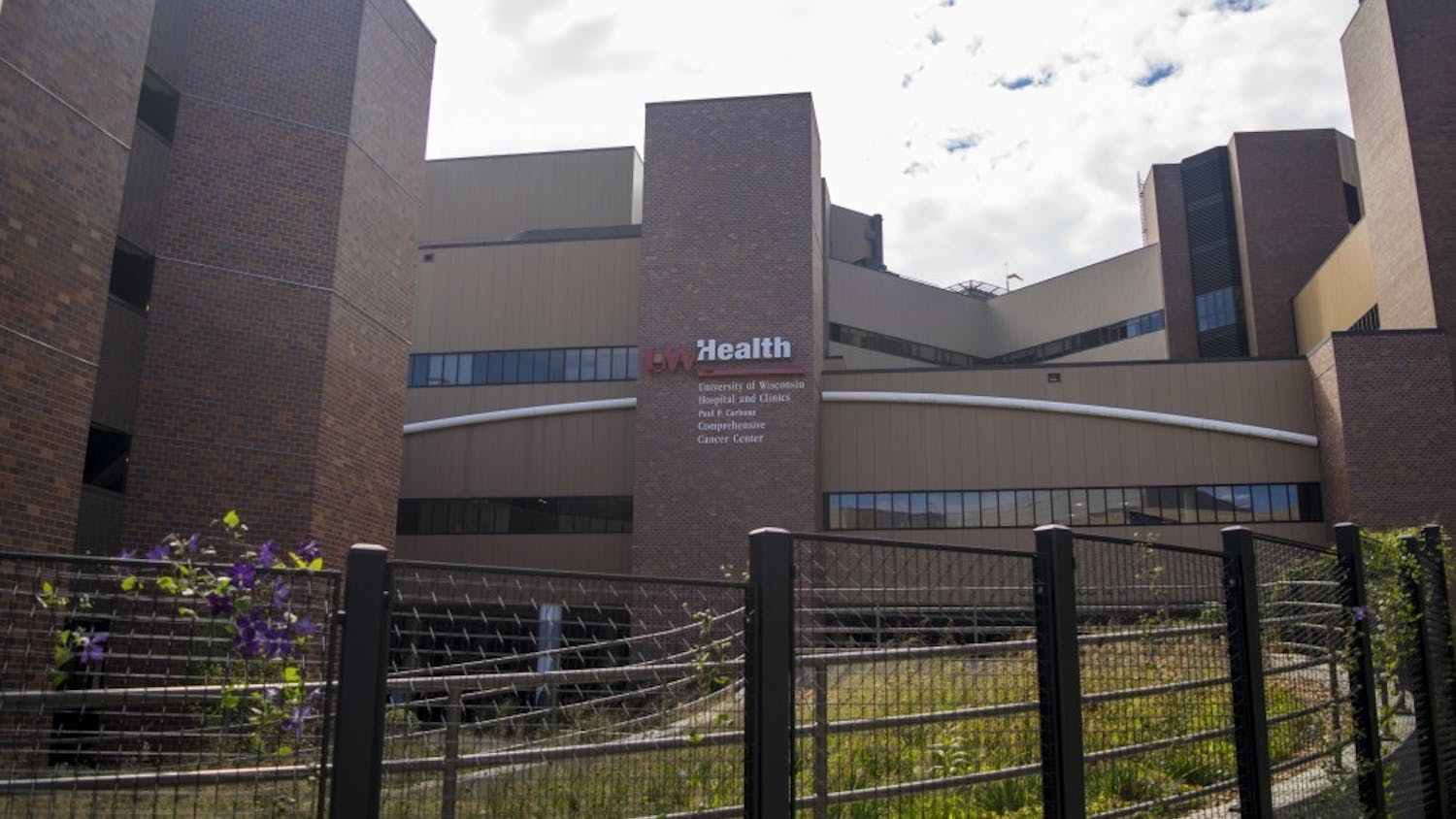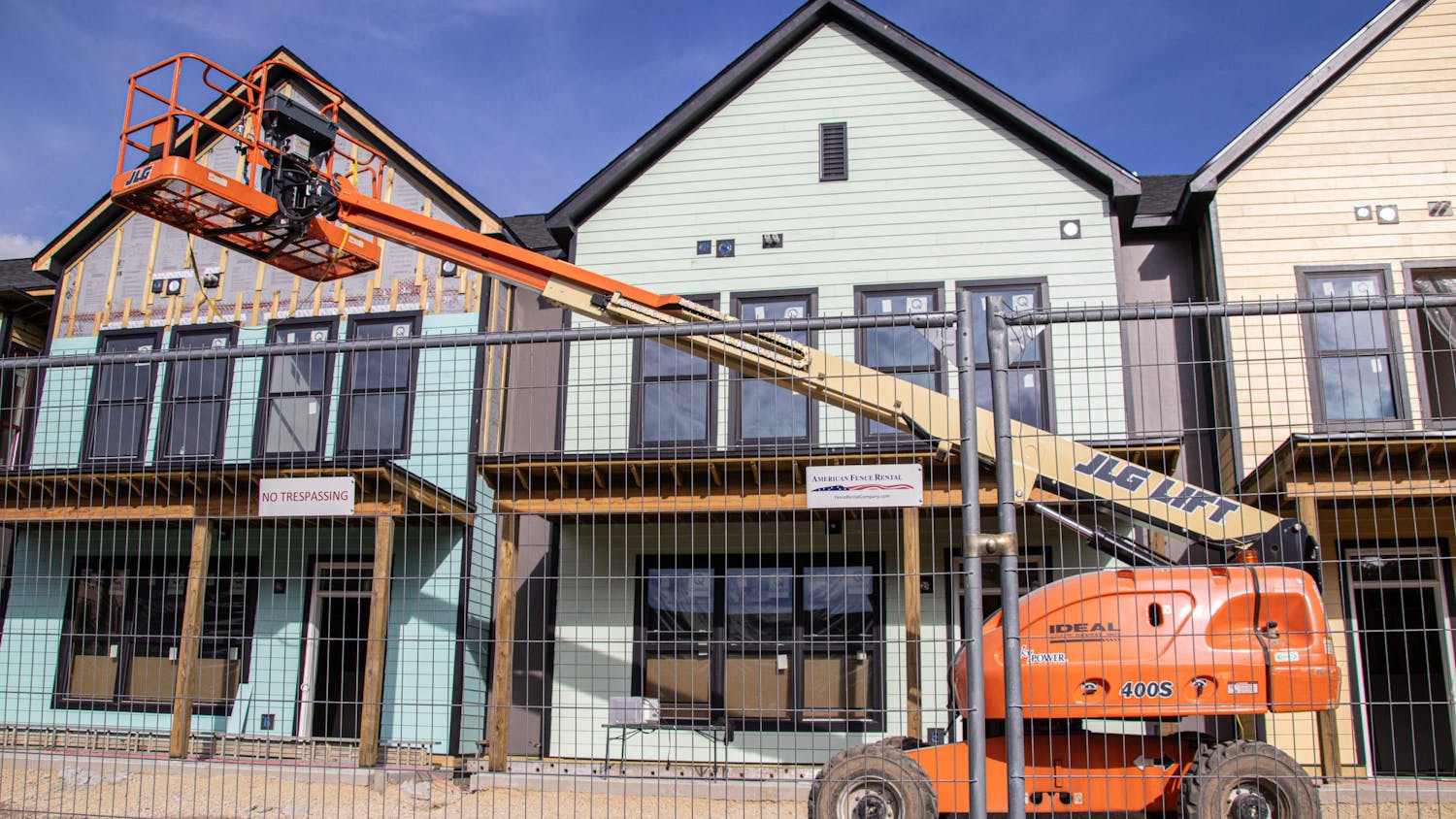The voice of new media is a powerful one. Of course, everyone in Madison knows this. A recent survey conducted by klout.com ranked UW-Madison as the second most influential college on Twitter. We use our digital voice to cheer on the Badgers or perhaps yell at Gov. Scott Walker.
But while we're just playing on the Internet, the educated youth in Egypt on the other side of the world are finding their own voice on Twitter and using it to support a revolution.
The so called ""Twitter Revolution"" currently happening across Egypt is not the first time social media has been used to protest government in the Middle East. In June 2009, following allegations of fraud in the Iranian presidential election, protesters used Twitter as a rallying tool and method of communication with the outside world after the government blocked several other modes of communication.
Twitter is also playing a crucial role in the ongoing Tunisian protests that started just weeks ago. Both the Tunisian and Egyptian revolutions started over frustration with corruption and unemployment. Both countries were considered to be wealthy and stable compared to other countries in their regions. So what was the magic chord that led these people to rise up? How did these movements gain traction without any specific leader? It's still too early to tell. However, it's not hard to imagine that new media is part of the answer.
Social networking platforms like Twitter and Facebook can boost revolutions like these. The access people have to each other in these dire situations is crucial and social networking not only connects the participants with each other but also to the rest of the world.
The new media also helps document a voice that would have otherwise been lost. When these uprisings initially started, you didn't have to wait for a CNN correspondent to get down into the middle of the action. You could run a search on Twitter and get a direct connection to the people of Egypt.
Soon after the protests had blossomed, Egyptian President Hosni Mubarak wasted no time taking down the countries entire Internet. However, with the use of independent proxy servers, many were able to get around the Internet blockage and report on what they we're seeing.
In the past, it would have been up to the traditional media to quickly but accurately capture the entire movement. Now, larger media entities, like Al Jazeera, can work with educated and tech-savvy citizens to bring a new perspective of the revolution to a global audience. Some of these reports are incredibly detailed and informative.
For example, a journalist named Sharif Kouddous tweeted his entire experience from the middle of Tahrir Square in Cairo. Kouddous chanted with the people of Egypt in protest and tweeted out inspirational messages like ""Amazing how clean Tahrir is. Trash has been picked up by people and piled away. This is not Mubarak's Egypt."" And then later, ""Muslim Brotherhood chanting Allah Akbar. Crowd stopped them by chanting louder: ‘Muslim, Christian, we're all Egyptian.'""
As exciting as this kind of journalism is, many facts have yet to be confirmed and the lasting effects of the Egyptian revolution are still unknown. As we've seen, Mubarak's regime could attempt to hold on to power and suppress the protests with major military deployments. The Egyptian Army or Muslim Brotherhood could take control and take the country ""Lebanon style,"" where an Islamic militaristic dictatorship installs itself. Maybe America's Egyptian democracy will kick in and everyone will get together in public squares to drink Coca-Cola, listen to Britney Spears and buy Abercrombie and Fitch clothes. It's all still up in the air.
It's also too early to tell how these ""Twitter Revolutions"" will translate to tangible results on the streets. But despite all the unanswered questions, there's still an exciting new truth to hold on to: The new and traditional media have proven that if they work together they can really change a political environment. This new partnership makes it harder for authoritarian regimes to control the flow of information, images, ideas and opinions to its citizens. If the citizens of Cairo or the Badgers of Wisconsin can learn to use this new voice effectively, then we can truly change our communities for the better.
Mike Kujak is a sophomore with an undeclared major. We welcome all feedback. Please send responses to opinion@dailycardinal.com.






